Written by David Rivas, Specialty Recycling Intern
From switching to reusable bags at the supermarket to taking modes of transportation that produce less pollution, sustainability has become a part of our daily lives. The same is true at Tufts. As a community member on one of our four campuses, everyone has the opportunity to compost food waste at dining and residence halls, move-in and move-out sustainably, and (what I’ve been focusing on this summer) recycle unique items through our specialty recycling program.
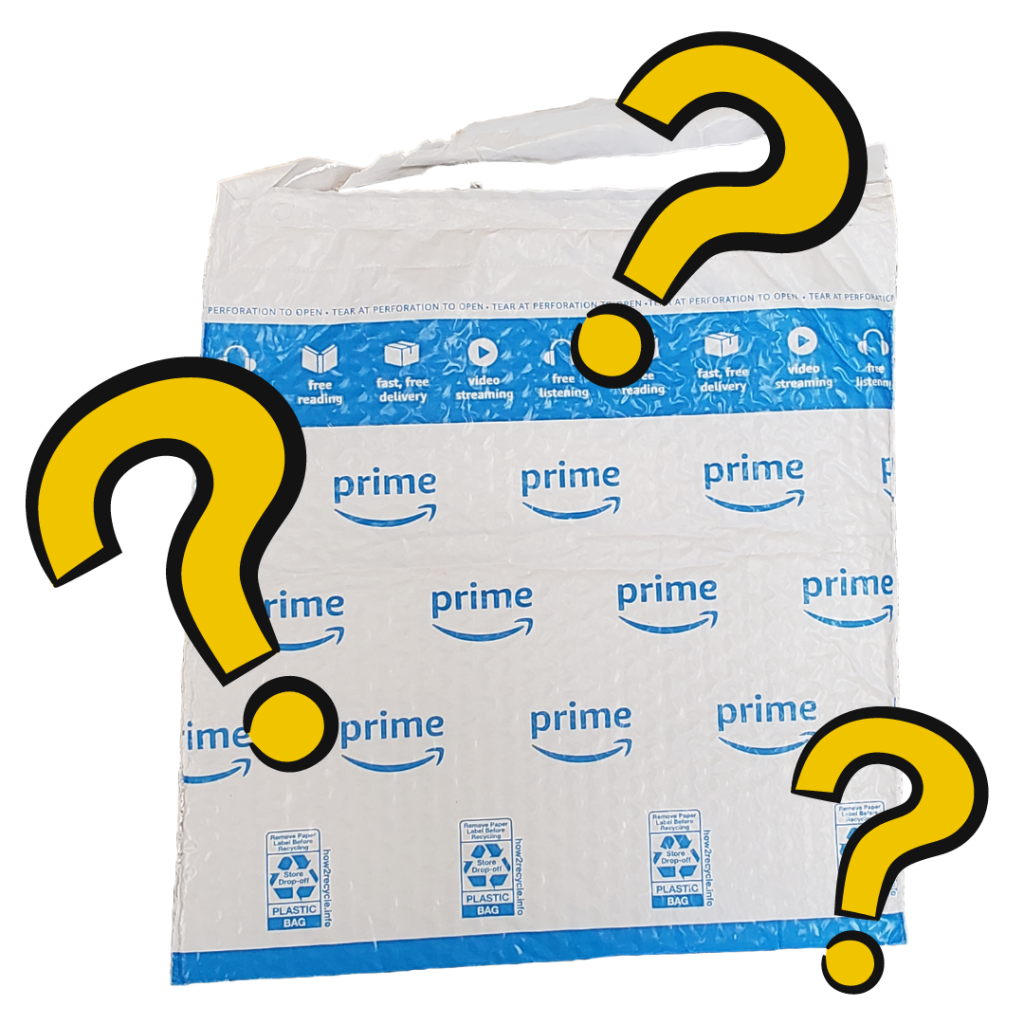
Have you ever stared at a plastic bag or one of those Amazon shipping envelopes, wondering if you could put it in the recycling bin?
On first glance, it would seem that you should put them in a recycling bin since it often has a recycling symbol and is made of plastic. But, a closer look into Massachusetts recycling rules tells us that soft plastic should NOT be put into the regular mixed recycling stream. Traditional recycling facilities cannot handle soft items like plastic bags because they get caught and jam the machinery. But, that doesn’t mean that bag or envelope has to end up straight in the trash.
Refuse, Reduce, Reuse
Our first suggestion is to think of ways to limit the amount of items that you buy new to limit the amount of materials that you dispose of. If you already have items that you’re going to throw out – take a second to think if you can reuse said items in a new way. Maybe you use the plastic bag to line your dorm trash can instead of buying new trash bags. Or perhaps you could save the Amazon sleeve to store fragile items during move out.
Recycle, specially!
If you have accumulated more than you can reuse, you can next check if the item can avoid going to the trash and instead be composted, recycled, or specialty recycled. Specialty recycling is separate from traditional mixed recycling and allows you to recycle unique items instead of having to throw them away. Watch this video to see specialty recycling in action.
Specialty recycling bins can be easily found on your phone or computer using the Tufts Eco-Map, a user-friendly tool to find sustainability features on campus.
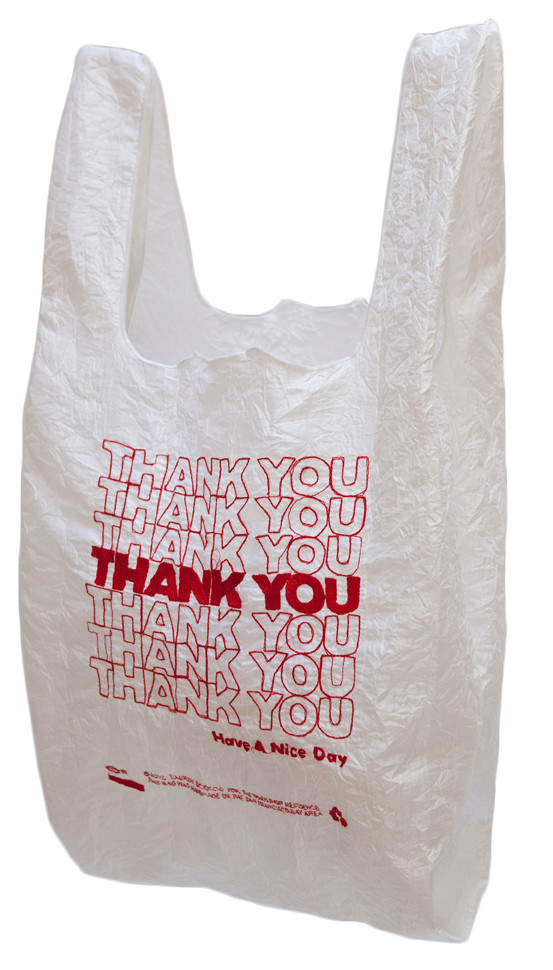
Tufts most common specialty recycling streams include:
- Plastic film: Allows for soft plastics such as grocery bags, bubble wrap, plastic padded envelopes, ziploc bags, and any other type of soft plastic classified as #2 or #4 recyclable. These are made into composite lumber for benches and shipping pallets.
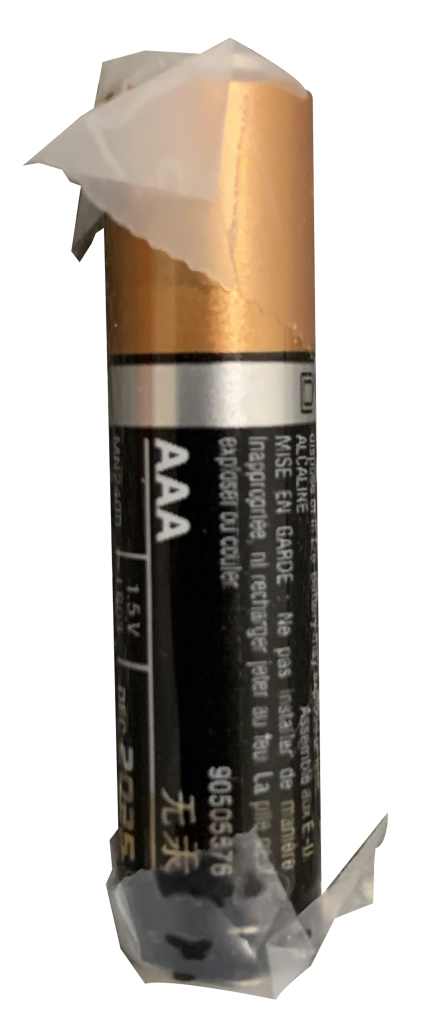
- Batteries: Prevents toxic chemicals found inside batteries from being introduced to the environment and landfills. Battery terminals must be taped with clear tape (as shown) before being placed in the bins. Most buildings on our four campuses have battery recycling bins.
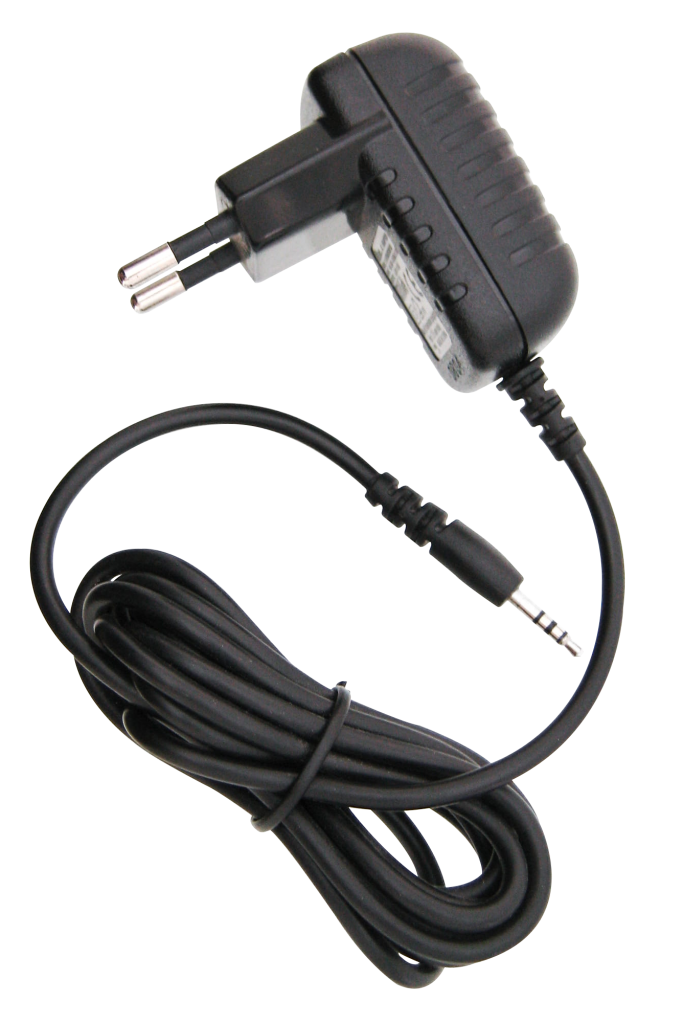
- Electronics: Broken cell phones, tablets, keyboards, charging cords, earphones, and other small electronics can be placed in electronic recycling bins. For large appliances such as monitors, microwaves, and printers, you can submit a Facilities service request to have it picked up. The metals and raw materials are separated out from these items and made into new electronics.

- Ink and toner: Empty ink and toner cartridges can be placed in a specialty recycling station or can be mailed to the manufacturer (we’ve partnered with W.B. Mason). These materials are taken apart and reused in new ink and toner cartridges.
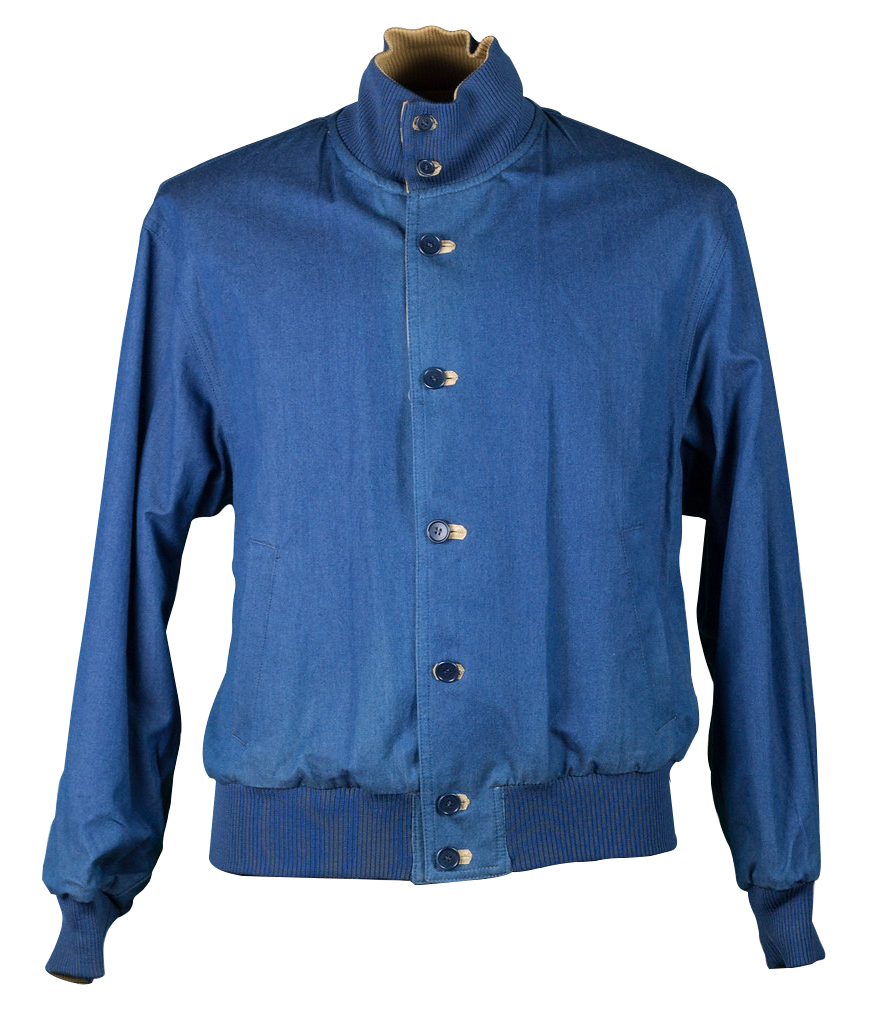
- Textiles and clothing: Clothing, most types of footwear, textile-based accessories, linens, and stuffed animals are accepted in textile recycling locations. On the Medford/Somerville Campus, textile recycling is made possible with the help of Bay State Textiles, which have several large outdoor donation containers.
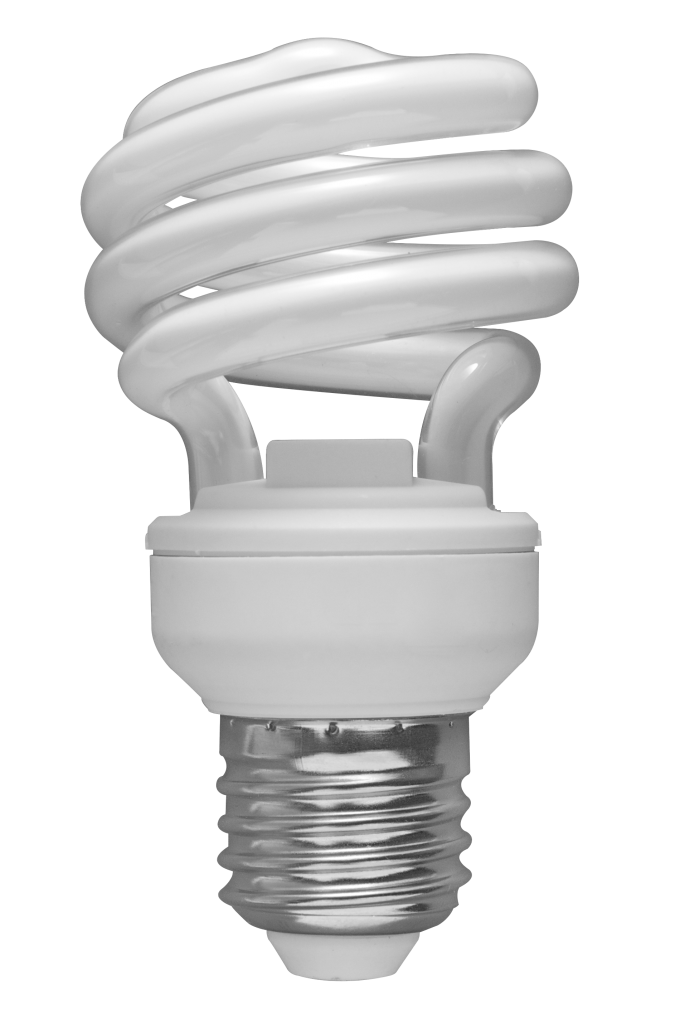
- Lightbulbs: Compact fluorescent lightbulbs (CFLs) must be disposed of by a Facilities service request. These bulbs contain traces of mercury that are toxic, so it is best to keep them out of landfill areas. CFLs can be exchanged for LEDs at the Office of Sustainability free of charge! Incandescent and LED light bulbs can be placed in the trash.
There are also more campus-specific specialty recycling streams. At the Grafton campus, you can recycle contact lenses, razor blades, Brita filters, and Purina food bags. At the Boston campus, you can recycle fitness trackers and oral care products like toothpaste tubes, toothbrushes, and floss containers.
Thanks to the efforts of many students and employees to dispose of waste sustainably, Tufts has achieved an extremely low 7% contamination rate in recycling streams, compared to average rate of 15-25% on other college and university campuses. To join this effort to divert waste from landfills and reduce pollution in our communities, we encourage you to get familiar with the specialty recycling locations on your campus and think twice before tossing items into the trash – you may be able to give them a second life instead.

Find Us On Social Media!